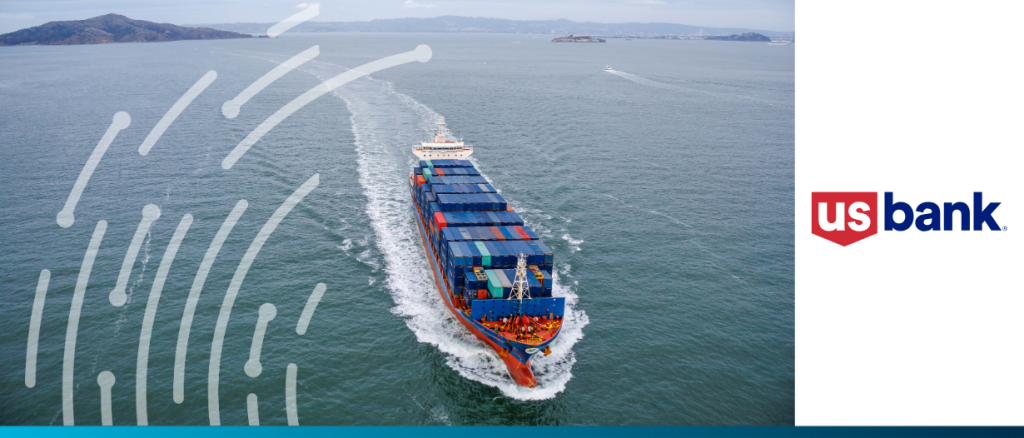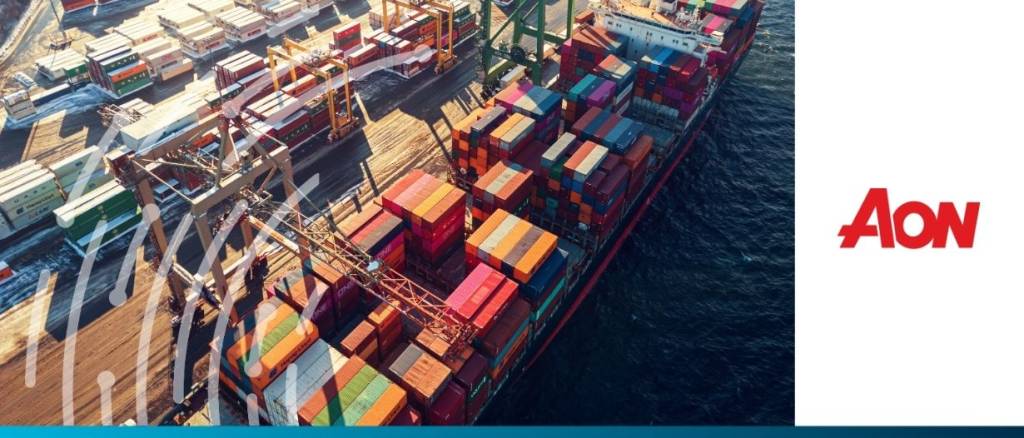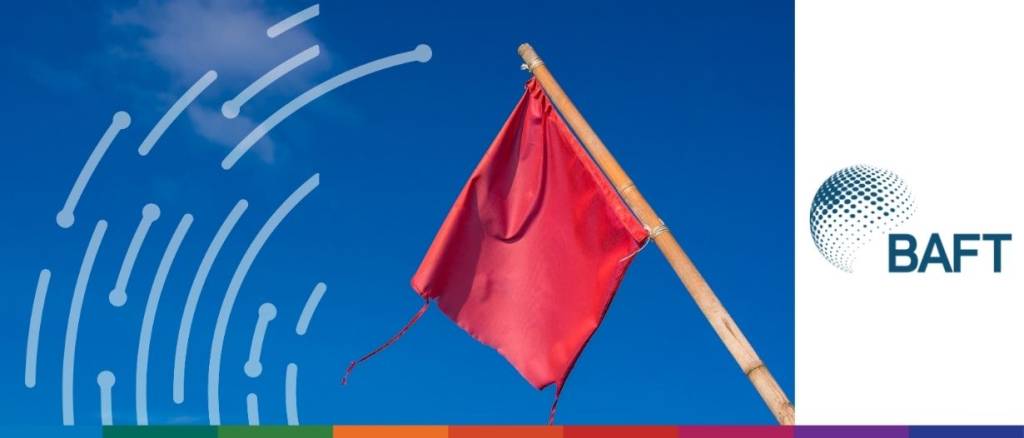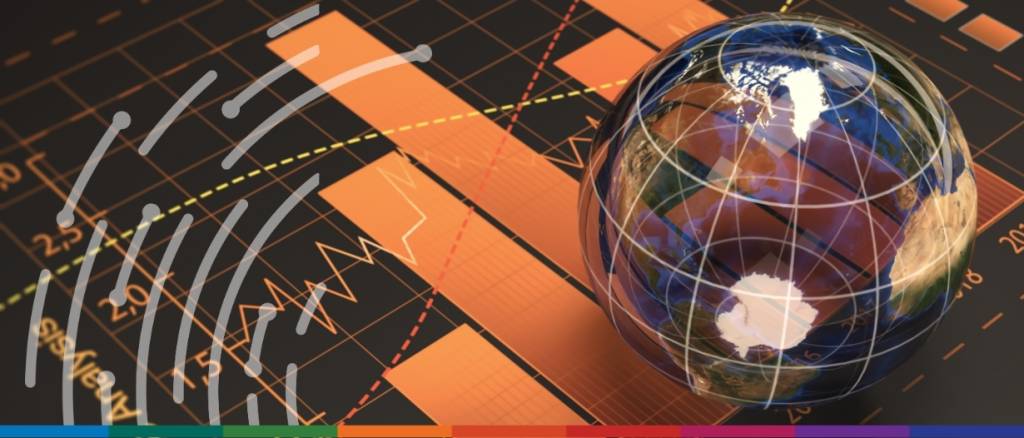The Minneapolis-based bank is the first American lender to execute a transaction using WaveBL, a blockchain platform that enables encrypted document transfers between trading partners and their financial institutions. “Our… read more →
In the age of real-time payments, compliance pressures, and digital disruption, the financial industry faces a paradox where the faster money moves, the more difficult it becomes to keep infrastructure… read more →
Where AI is creating the most impact Trade finance operations have traditionally been paper-heavy and time-intensive, making them prime candidates for AI-driven automation. Several key areas are seeing transformation: Document… read more →
Global GDP is projected to slow to approximately 2.8% by 2026, down from the robust 3.3% expansion recorded in 2022’s post-pandemic rebound. The deceleration reGlobal GDP is projected to slow… read more →
Discover how the Trafigura legal battle illustrates the challenges of trade finance and the unseen risks of fraud.
At the Money 20/20 Europe conference this year in Amsterdam, Trade Finance Global (TFG) spoke to Shane Riedel, founder and CEO of Elucidate, which provides regulatory, compliance, and risk assessment… read more →
This comes as Oracle shares soared to a record high yesterday: in addition to new trade finance services, the database giant announced a $30 billion cloud computing contract designed to… read more →
Moderated by Patrick DeVilbiss, Senior Offering Manager at CGI, the panel combined banking and technological perspectives in exploring how red flags in trade finance and supply chains are evolving, and… read more →
Earlier this week, global trade technology company IQAX became the first in the world to have its electronic bill of lading (eBL) solution go live with the Digital Container Shipping… read more →
Soyabean oil futures have climbed 11% since Thursday, marking the highest level since October 2023. Meanwhile, palm oil has reversed earlier losses to gain over 6% this week, after suffering… read more →
























